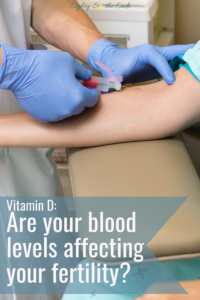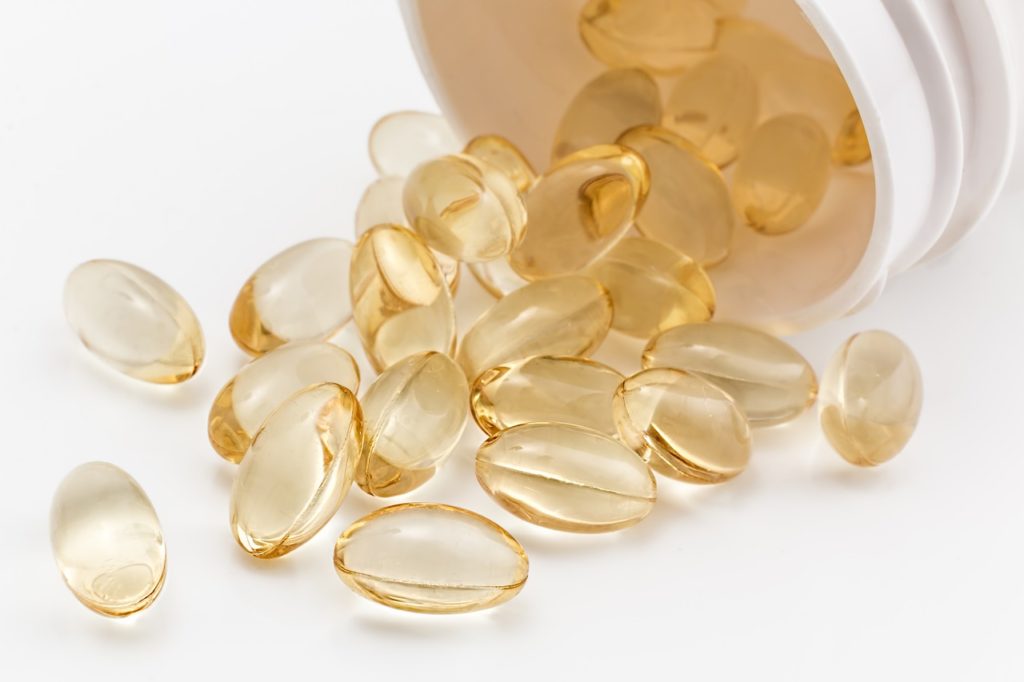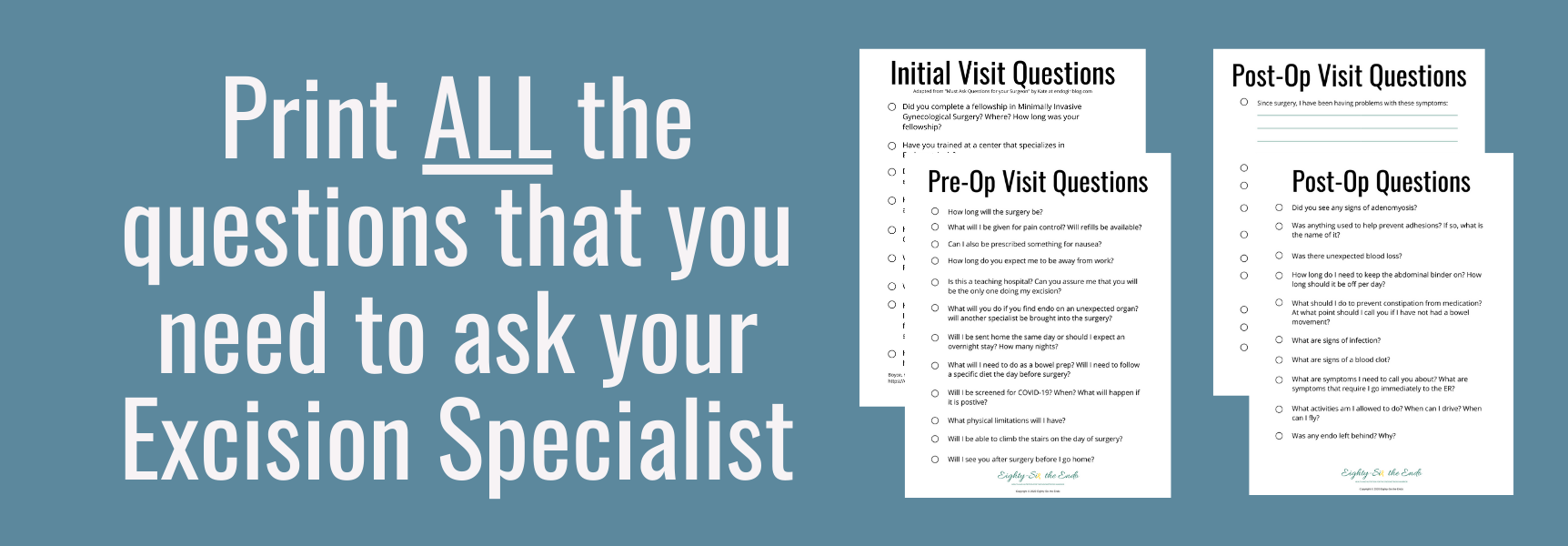Did you know that your Vitamin D levels can be affecting your fertility? Since being diagnosed with Endometriosis and Infertility, I have had moments where I feel like I just can’t catch a break. Each subsequent visit with my doctor has led to another lab test being ordered and the results coming up abnormal. Or I am hit with a normal diagnostic imaging study, even though I clearly have something going on. Despite all of this, my Vitamin D Levels seem to be the easiest obstacle I have hit yet, so I thought I’d share with you what I have learned.
What is Vitamin D?
So what exactly is Vitamin D and why is it important? Vitamin D is a hormone that is essential to the absorption of dietary calcium and phosphorus; which is why you see so many orange juices fortified with Vitamin D.
However, the function of Vitamin D is not limited to the skeletal system.
The benefits of having sufficient Vitamin D levels can aid in insulin production, normal cell production, and many other functions (1). For the sake of this post, I will only go into the importance of Vitamin D in relation to infertility.
Vitamin D and Infertility
 One study showed that pregnancy rates were lower in Vitamin D deficient women when compared to their peers who were given Vitamin D supplementation (2). This finding in itself is reason enough to talk with your doctor about immediately checking your Vitamin D levels.
One study showed that pregnancy rates were lower in Vitamin D deficient women when compared to their peers who were given Vitamin D supplementation (2). This finding in itself is reason enough to talk with your doctor about immediately checking your Vitamin D levels.
Vitamin D is also incredibly important when trying to conceive because of its role “in the implantation process” (2). So, without adequate vitamin levels, there is a potential that a fertilized egg will not attach to the uterus. Likewise, embryo quality can be greatly impacted by poor vitamin D levels.
And finally, another study states that when the “concentration of [Vitamin D is] decreased, the risk of early pregnancy loss [is] increased” (3). Basically, if you are trying to conceive, checking your Vitamin D levels is an essential step to the process.
Improve Your Vitamin D Levels Naturally
Unfortunately, Vitamin D isn’t something that is frequently found in foods, so if you are deficient, the gold standard is to supplement with over the counter vitamins. Dosing can be recommended by your doctor once you know your baseline Vitamin D levels.
Once you have reached an ideal level for fertility support, it will be your job to maintain those levels. Luckily, it is very easy to maintain adequate Vitamin D levels.
All you have to do is get outside and enjoy the sun! This is because Vitamin D is produced when the skin is exposed to the UV rays from the sun.
How much sun exposure is recommended?
Ideally, you want your exposure to be between 10 AM and 3 PM because this is when the UV rays are typically at their prime. This is not to say that you should stay outside for 5 hours straight to obtain Vitamin D. Please don’t do that!
There is a balance and your skin color can play a factor in the amount of sun exposure you should have per day. Below are the ideal lengths of time you should expose yourself to sunlight based on your skin tone (4).
- Fairs Skin: 15-20 Minutes
- Olive Tone: 30-45 Minutes
- Dark Skinned: 120 Minutes

If you plan to be outdoors for longer, I urge you to protect your skin from UV damage that can lead to burns and other complications. And be sure to talk with you doctor if you are taking prescription medications as some medications require that you avoid sun exposure.
This is a tricky topic for me ya’ll! As I mentioned in a previous post, I am an Oncology Nurse (i.e. Cancer Nurse). And my first job as a nurse was on, of course, a Melanoma Unit.
Melanoma is a type of skin cancer that can largely be prevented by utilizing proper skin protection (i.e. SPF protection, sunglasses, hats, long sleeves).
So here I was, so very worried that I will get skin cancer, that I have protected myself to the point that I am now deficient in this important hormone. Can a girl catch a break?!
SIDENOTE: As an oncology nurse, I feel I must do my due diligence and still warn you about too much sun exposure and/or UV ray exposure. Melanoma is commonly caused by frequent tanning outdoors and in tanning beds. Although SPF protection limits the amount of Vitamin D that can be absorbed through the skin, SPF can also protect you from developing skin cancer. Find your balance and talk with your doctor about Vitamin D supplementation if you have insufficient or deficient levels.

Normal Vitamin D Levels
For fertility support, it’s ideal to have a Vitamin D level between 50 and 125 nmol/L. The specific test to determine this level is named the 25-hydroxy Vitamin D blood test.
Unfortunately, my baseline results came back at 19.9 nmol/L; which is technically deficient (<20 nmol/L). That being said, my doctor recommended I immediately start daily Vitamin D3 and Vitamin K2 supplementation.
Vitamin K2 is an important assistant to Vitamin D3 because it aids in its absorption.
Foods rich in Vitamin D
Although there are minimal foods that are rich in Vitamin D, the addition of these foods to your diet are a great way to provide your body with this essential hormone.
Note: Endo Warriors should minimize/avoid any of the following that incorporate dairy, soy, red meat, gluten, and processed sugars. See Endometriosis Diet for more info.
- Fish (Salmon, Halibut, Trout, Tuna, Snapper, Sardines)
- Pork
- Milk
- Cheese
- Yogurt
- Soy Milk, Almond, Rice or Oat Milk fortified with Vit D
- Maitake Mushroom
- Portabella Mushroom
- Egg Yolk
- Orange Juice fortified with Vit D
- Breads fortified with Vitamin D
Summary
- Vitamin D is an essential hormone for achieving pregnancy.
- Vitamin D is made naturally in the body when the skin is exposed to the sun.
- To achieve pregnancy, vitamin D levels should be between 50 and 125 nmol/L.
- If it has not been completed yet, talk to your doctor about checking your Vitamin D level.


- Binkley, N.C., Bischoff-Ferrari, H. A., Gordon, C.M., Hanley, D.A., Heaney, R.P., Holick, M.F., . . . Weaver, C.M. (2011). Evaluation, Treatment, and Prevention of Vitamin D Deficiency: an Endocrine Society Clinical Practice Guideline, The Journal of Clinical Endocrinology & Metabolism, 96(7), 1911–1930. https://doi.org/10.1210/jc.2011-0385
- Dabrowski, F. A., Grzechocinska, B., & Wielgos, M. (2015). The role of vitamin D in reproductive health–a Trojan Horse or the Golden Fleece?. Nutrients, 7(6), 4139-53. doi:10.3390/nu7064139
- Bai, C.M., Hou, W., Hui, L.Y., Yan, X.T., Yu, X.W., & Zhang, X.W. (2016). Decreased serum vitamin D levels in early spontaneous pregnancy loss. European journal of clinical nutrition, 70(9), 1004-8. https://www.ncbi.nlm.nih.gov/pmc/articles/PMC5023787/
- Malterre, T. & Segersten, A. (2015). The Elimination Diet: Discover the foods that are making you sick and tired- and feel better fast. New York, NY: Grand Central Life & Style.



